Education
Education plays a transformative and pivotal role in the lives of poor children, offering a beacon of hope and a pathway to a better future. For children born into impoverished circumstances, access to quality education becomes a lifeline, breaking the vicious cycle of poverty and opening doors to opportunities that would otherwise remain elusive.
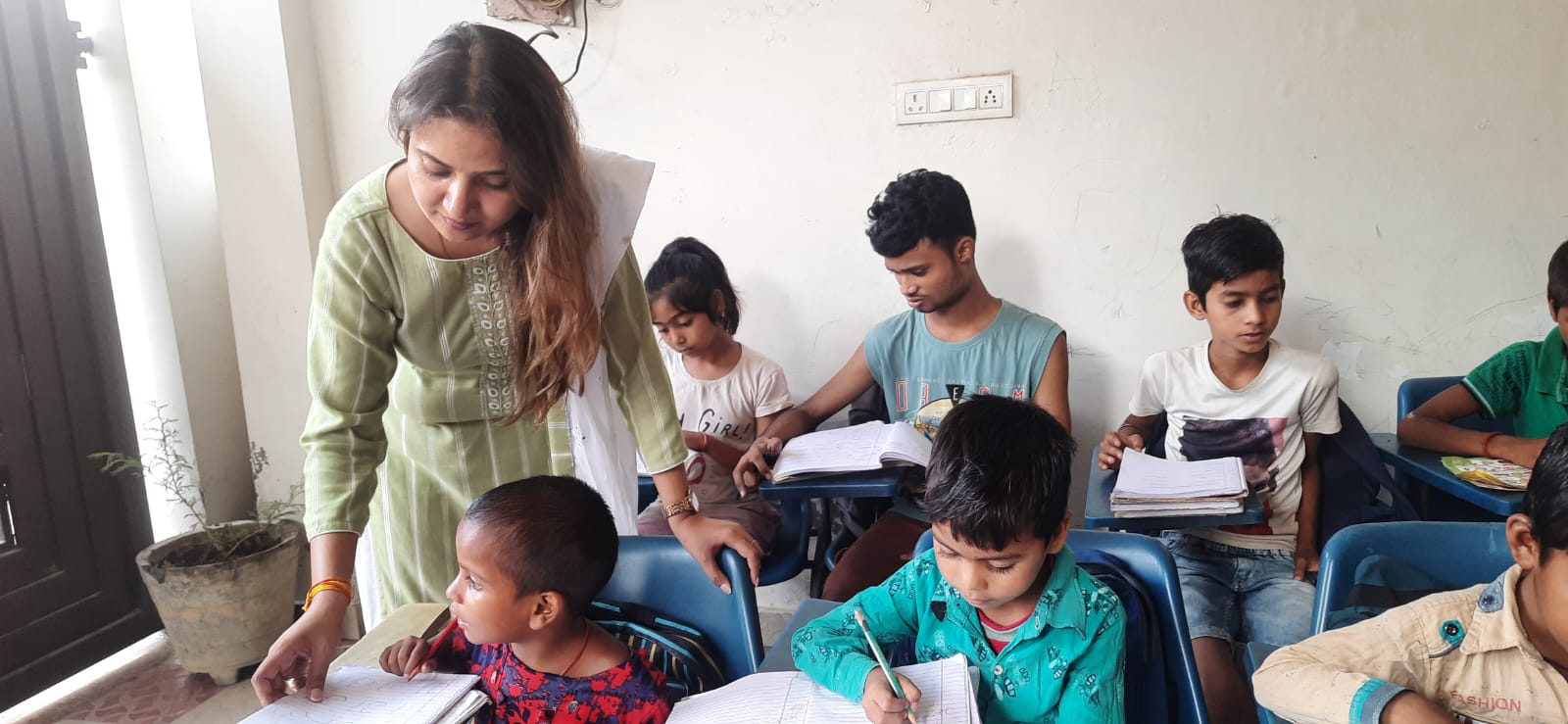
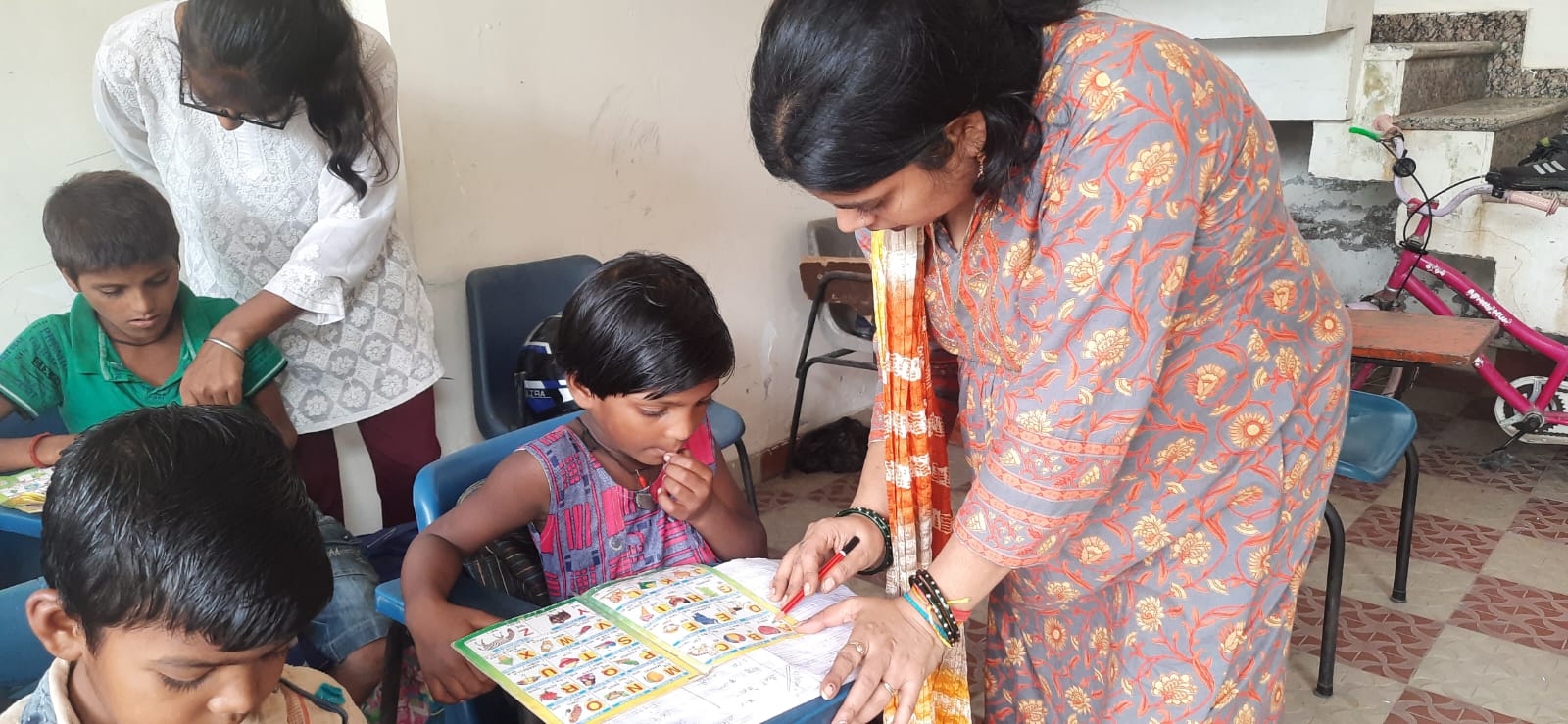
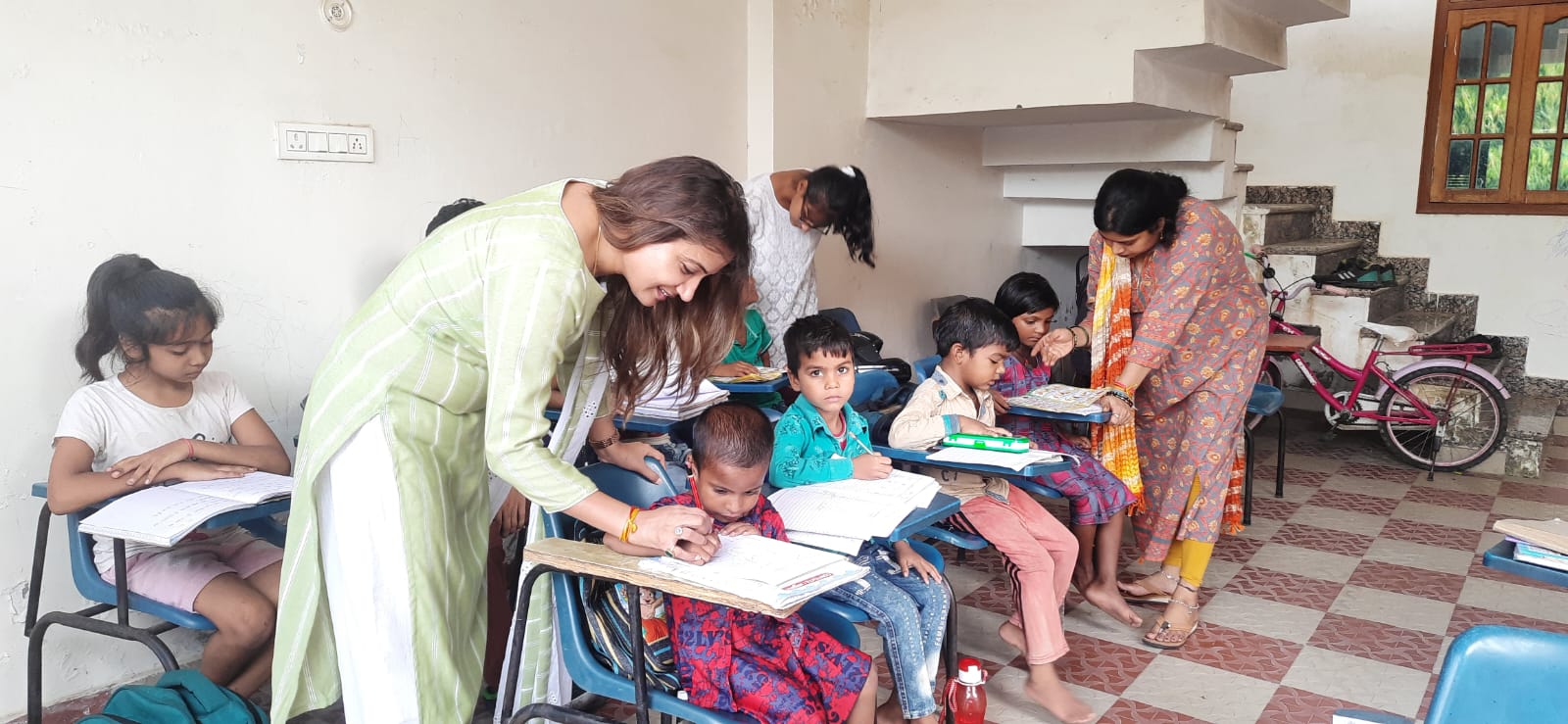
At its core, education provides poor children with the knowledge and skills they need to break free from the constraints of their environment. It equips them with the tools to think critically, solve problems, and make informed decisions, empowering them to overcome the challenges they face daily. Education becomes a catalyst for personal growth, igniting a sense of curiosity, and encouraging a thirst for knowledge that can transcend socioeconomic barriers.
What We Do
JI JI Visha’s flagship programme, “Education Empowerment Initiative,” is dedicated to transforming the lives of underprivileged children through comprehensive education, nutrition, and wellness support. Our mission is fully aligned with the principles of the New Education Policy (2020) and the Sustainable Development Goal 4 (Ensure inclusive and equitable quality education and promote lifelong learning opportunities for all).
The Education Empowerment Initiative focuses on empowering children aged 3 to 18 years who are living in challenging circumstances. This includes children from economically disadvantaged families, differently-abled children, those affected by disasters, abandoned and street children, and those residing in tribal belts, remote villages, and hard-to-reach areas.
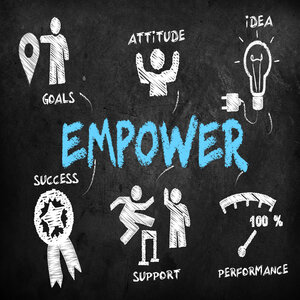
Importance of Education
Education plays a crucial role in the overall development of individuals, societies, and nations. It is widely recognized as a key driver of social, economic, and human development. Here are some of the essential roles that education plays in development:
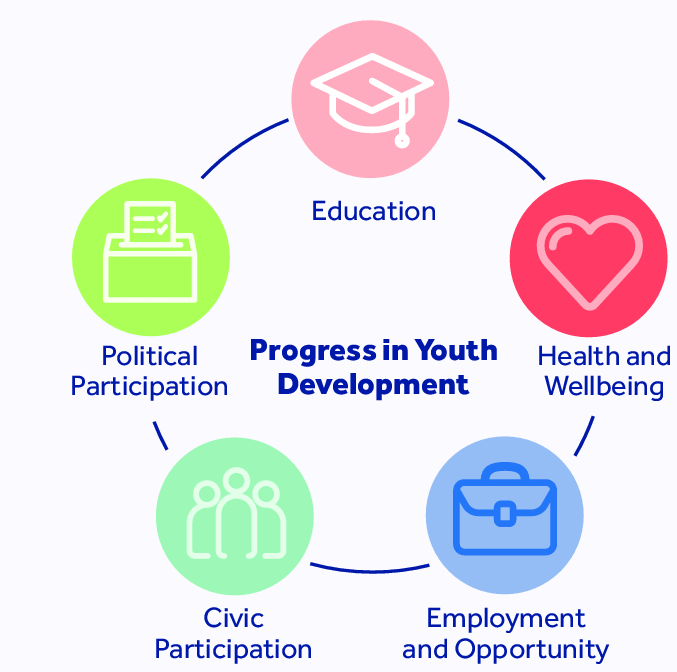
Education is linked to better health outcomes. Educated individuals are more likely to adopt healthy behaviors, access healthcare services, and make informed choices about their well-being, leading to improved public health.
Education plays a vital role in employment and opportunity by equipping individuals with the necessary skills, knowledge, and networks to secure gainful employment, advance in their careers, and seize diverse opportunities. It is a key driver of personal and economic development, contributing to individuals’ well-being and societies’ overall progress.
Education is a cornerstone of civic participation, fostering active citizenship and empowering individuals to play a meaningful role in their communities and the broader society. By equipping citizens with knowledge, critical thinking, and a sense of responsibility, education strengthens democracy and promotes collective action towards a better and more just world.
Education is a catalyst for political participation, driving citizen engagement and involvement in the democratic process. By empowering individuals with knowledge, critical thinking, and a sense of civic responsibility, education strengthens political institutions and promotes a more inclusive and responsive democracy. It is through educated and engaged citizens that societies can effectively address challenges, uphold democratic values, and work towards a more prosperous and equitable future.
